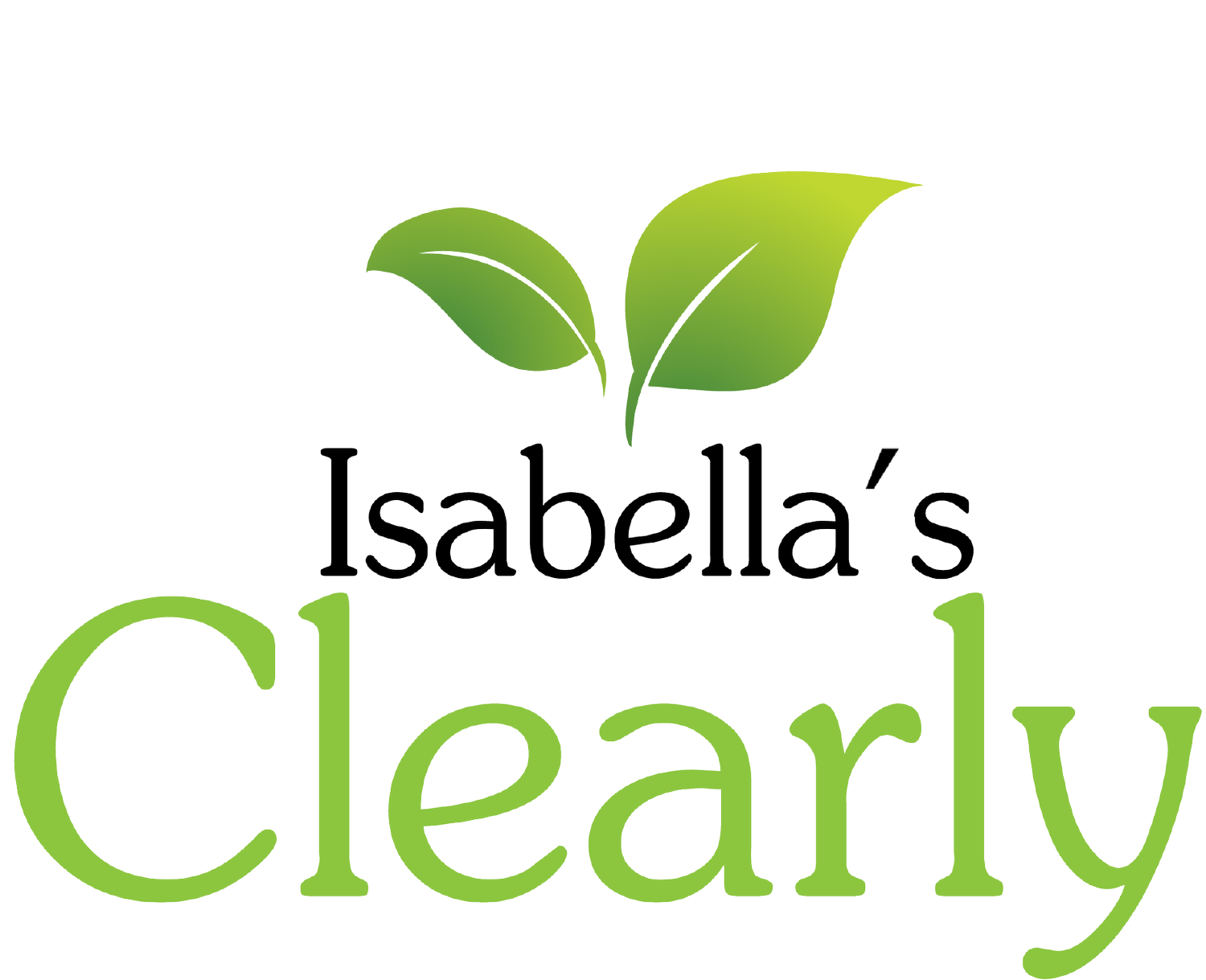Dogs Oral Care: Tips, Benefits, and Solutions
When it comes to our beloved canine companions, their health and happiness are always at the forefront of our minds. An often overlooked but crucial aspect of their overall well being is oral hygiene. Proper dental care for dogs is vital, not only for preventing bad breath but also for avoiding more serious health issues. In this comprehensive guide, we'll dive into the importance of oral care for dogs and provide actionable tips for brushing your dog's teeth.
Why Oral Care is Crucial for Dogs
Oral health in dogs is more than just about avoiding stinky breath; it's about preventing periodontal disease, which affects over 80% of dogs by the age of three. Without regular cleaning, plaque and tartar can build up, leading to gum disease, tooth loss, and can even cause serious health complications affecting the heart, liver, and kidneys.
Benefits of Brushing Your Dog's Teeth
Prevents Dental Diseases: Regular brushing reduces plaque and prevents the development of tartar, guarding against periodontal disease.
Eliminates Bad Breath: Keep your dog's breath fresh and pleasant for those close-up cuddles.
Boosts Overall Health: Good oral hygiene supports your dog's overall health and longevity.
Saves Money: Preventative care through brushing can save costly veterinary bills for dental procedures down the line.
How Often Should You Brush Your Dog's Teeth?
Ideally, brushing your dog's teeth should be a daily routine. However, aiming for at least three to four times a week can make a significant difference in maintaining their oral health.
Tips for Brushing Dog's Teeth
Choose the Right Time: Start when your dog is calm and relaxed.
Use the Right Tools: A dog-specific toothbrush and toothpaste or tooth powder are essential. Human toothpaste can be toxic to dogs.
Start Slow: Let your dog get used to the taste of the toothpaste and the sensation of the brush. Gradually work up to brushing the entire mouth.
Be Gentle: Use circular motions and be gentle to avoid gum damage.
Reward Your Dog: Always end the session with a treat or their favorite activity to create a positive association.
Addressing Common Challenges
Many dog owners face challenges in introducing and maintaining an oral care routine. If your dog is resistant to brushing, start slowly to ease them into the process. You don’t have to brush all of their teeth during the first few sessions. Patience and consistent positive reinforcement are key.
Recognizing Dental Problems in Dogs
Awareness of dental issues is crucial for early intervention. Signs of dental problems in dogs include:
Persistent bad breath
Difficulty chewing or loss of appetite
Excessive drooling
Red, swollen, or bleeding gums
Visible tartar buildup
Loose or missing teeth
Pawing at the mouth or face
If you notice any of these symptoms, consult your veterinarian for an evaluation.
Beware of Toxic Ingredients in Dog Toothpaste
While we focus on ensuring our dogs' teeth are clean and their gums healthy, it's crucial to be aware of the ingredients found in some canine dental care products. Not all toothpastes are created equal, and some can contain ingredients that are harmful to our furry friends.
Xylitol: This sugar substitute found in some human and pet toothpastes can be extremely toxic to dogs, even in small amounts. It can cause a rapid release of insulin, leading to hypoglycemia (low blood sugar), which can be life-threatening.
Fluoride: While fluoride is common in human toothpaste to strengthen teeth, it can be toxic to dogs if ingested in large amounts. Dogs aren't adept at spitting out toothpaste, so it's vital to use a fluoride-free formula designed for canine use.
Artificial Sweeteners and Flavors: While not all artificial ingredients are harmful, some can cause gastrointestinal upset in dogs. It's best to choose toothpaste with natural flavors that are safe for pets.
Essential Oils: Some essential oils are beneficial for dental health, but others can be toxic to dogs if ingested in large quantities. It's important to ensure that any toothpaste containing essential oils is specifically formulated for dogs and used according to the instructions.
Clearly TEETH & GUMS Toothpaste Powder for Dogs
For pet parents seeking a natural and effective solution, Clearly TEETH & GUMS toothpaste powder offers a unique blend of ingredients designed to promote dental health in dogs. This easy-to-use powder simplifies the brushing process, effectively combating plaque and freshening breath, all while being completely safe and natural.
Oral care for dogs is an essential part of their overall health regimen. By incorporating regular brushing into your routine, you can ensure your pet stays happy, healthy, and part of your family for many years to come. Remember, a healthy mouth is a happy dog. Start your dog's journey to better oral health today!


